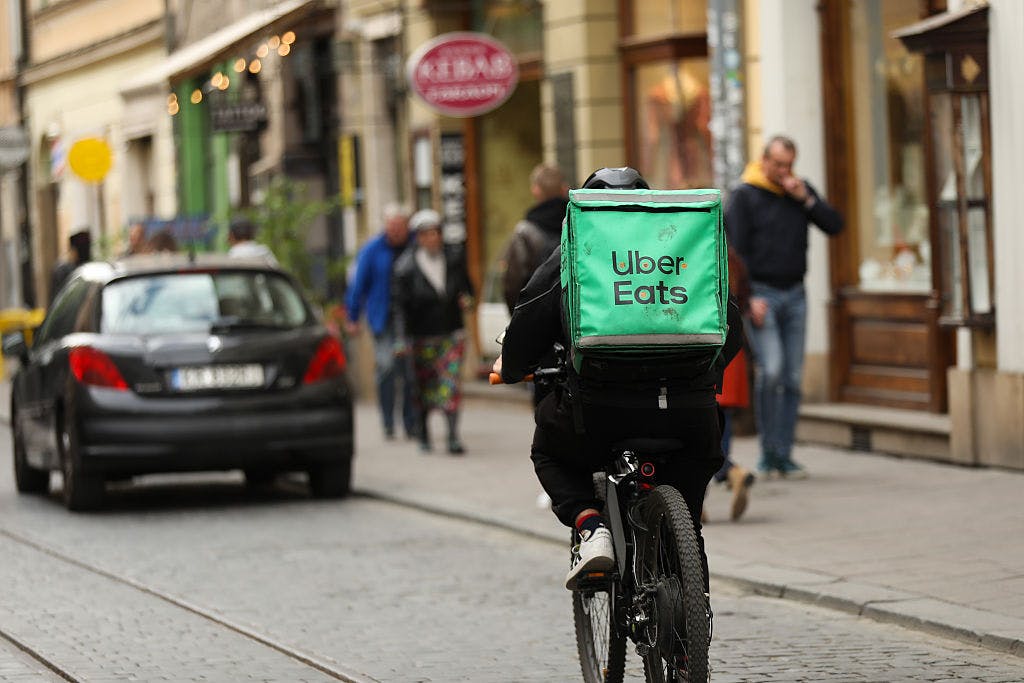Uber reports better-than-expected revenue and a fresh $20 billion share buyback
Still, shares were down in premarket trading.
Ride-hailing giant Uber posted upbeat second-quarter results Wednesday morning and unveiled a beefy new stock buyback plan.
The company posted earnings per share of $0.49, shy of Wall Street estimates of $0.78. Uber’s revenue climbed to $12.65 billion, versus the $12.47 billion expected.
Uber also announced an additional $20 billion stock buyback.
Still, shares of the company were down 1.3% in premarket trading.
Gross bookings, or what customers spent on rides, delivery orders, and freight, grew to $46.76 billion, up 17% year over year and better than analysts’ expectations of $46.42 billion. Uber had previously forecast a range of $45.75 billion to $47.25 billion.
For its third quarter, Uber guided for gross bookings of between $48.25 billion and $49.75 billion, ahead Wall Street’s estimate of $47.5 billion.
Uber’s monthly active customer total (customers who took at least one Uber ride or ordered one delivery) grew 15% from last year to 180 million, ahead of expectations from analysts polled by FactSet.
Uber has been investing heavily to build out the robotaxi service it plans to launch somewhere in the US next year. The company said it wants to deploy 20,000 Lucid vehicles in markets across the world over the next six years.
Its active base of drivers and couriers grew 20% from last year to 8.8 million. Those workers earned $20.8 billion in the quarter. In June, CEO Dara Khosrowshahi detailed how Uber drivers could earn extra income by training the AI that may one day replace them. Khosrowshahi this year said he expects drivers to be displaced by autonomous vehicles within 15 to 20 years.
